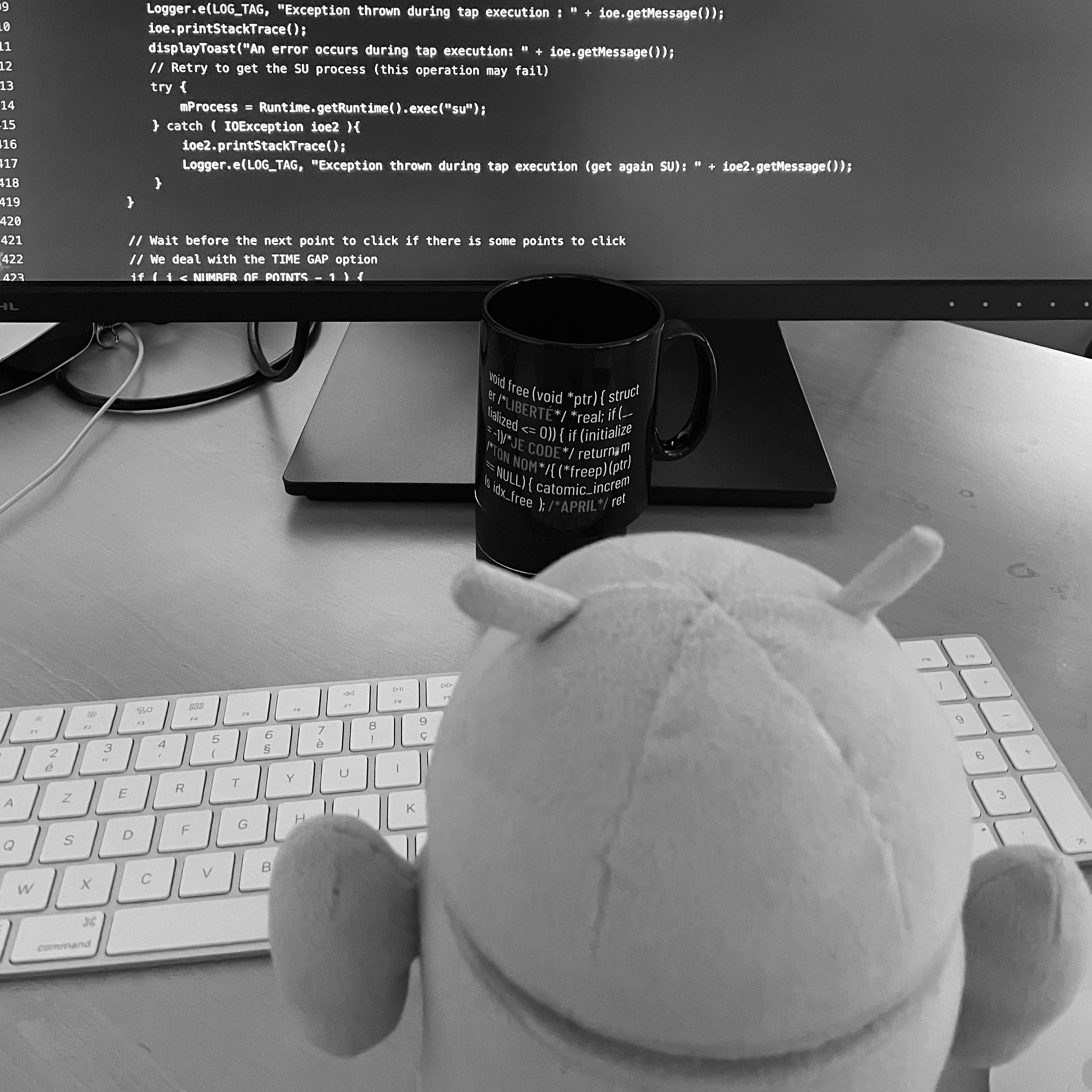Pierre-Yves Lapersonne
Software crafter and digital punker keen on open source, iOS and Android apps. Interested in software ecodesign, privacy and accessibility too. pylapersonne.info
- 39 Posts
- 41 Comments
Joined 8 months ago
Cake day: November 4th, 2023
You are not logged in. If you use a Fediverse account that is able to follow users, you can follow this user.


